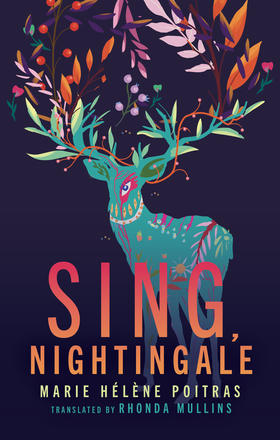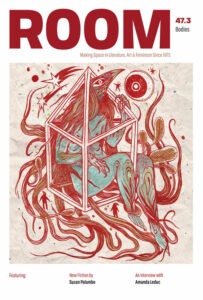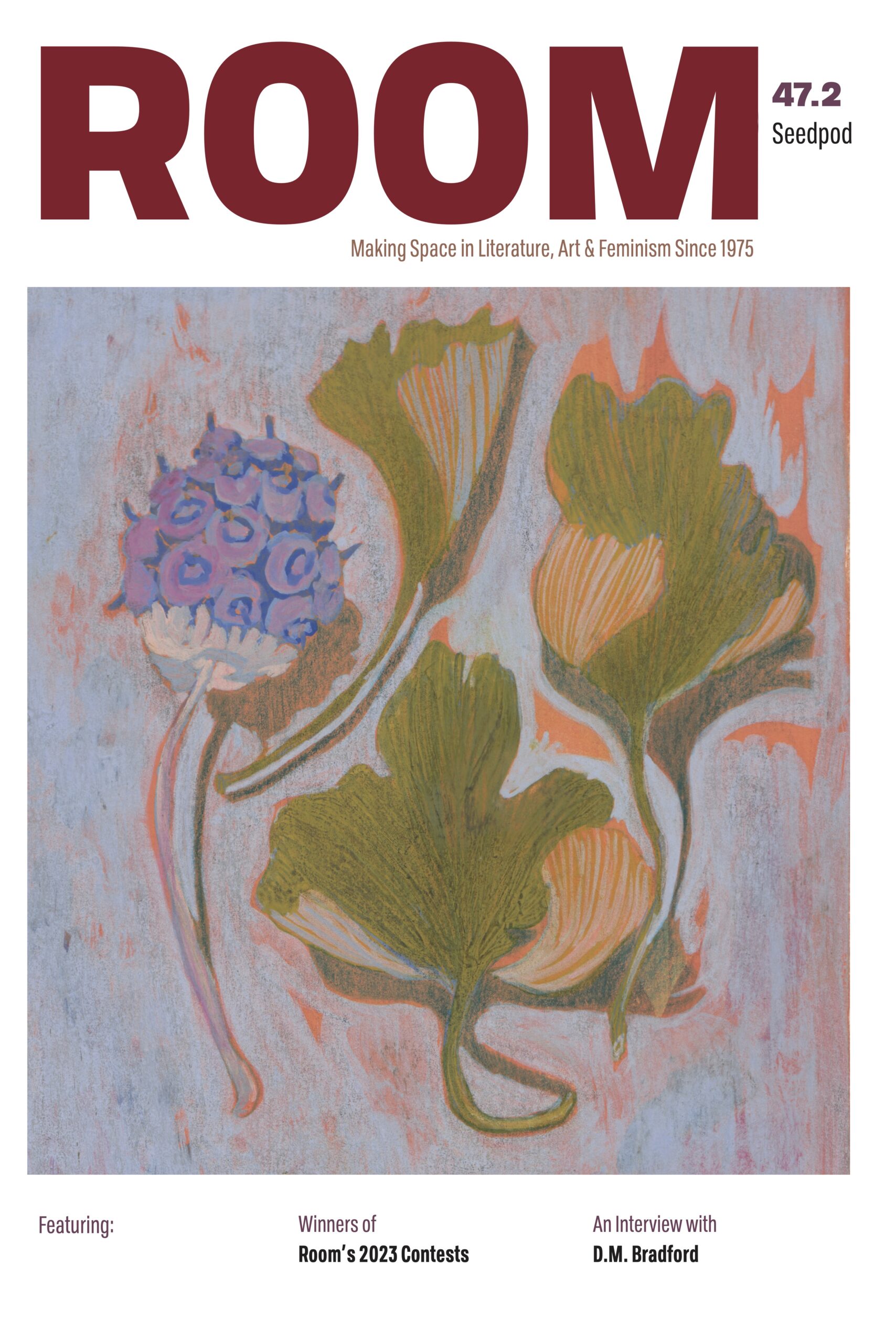Sing, Nightingale
By Marie Hélène Poitras
Coach House Books
180 Pages, $23
Sing, Nightingale, the new novel written by Montreal-based writer Marie-Hélène Poitras and translated by Rhona Mullins, is a gothic fairytale brimming with violence, retribution, and sinister, long-forgotten secrets. Poitras presents the story as a cardboard puppet theatre, a tale-within-a-tale, in the prologue. The setting of the novel is Malmaison, a once-great estate nestled in the forests of Noirax, a fictional French village. The widowed master of the estate, known only as “the father,” is the most recent owner in a long line of patriarchs. Like those who have come before him, the father is a man who is used to shaping the world around him to his whims. His life of quiet normalcy is rattled by two newcomers to the estate: his son, Jeanty, who is returning home after a disastrous failed relationship, and Aliénor, a vibrant, alluring young woman who promises to restore the estate to its former glory.
But all is not as it seems at Malmaison; the estate has a dark history lurking beneath the surface. Generations of Malmaison mothers, wives, and mistresses have come to tragic and mysterious ends at the estate. Unbeknownst to the father, Aliénor has come to Malmaison with an agenda that has to do with the vanished woman—one that threatens the very legacy of the estate and its patriarchs. During her first night at the estate, she takes the father’s place at the head of the table, making her intention to disrupt tradition unquestionable from the start.
Poitras cultivates a haunting atmosphere by lacing the text with French and Quebecois nursery rhymes and folk songs. At first, the songs are innocuous, but as the secrets of Malmaison are revealed, they grow evermore sinister and twisted. These, along with the story’s folkloric narrative and plot, solidify Sing, Nightingale as a quintessential contemporary fairytale. Though Poitras’s bewitching prose is lush and visceral, it nearly verges on overripe in some places. Overall, the text remains rich and textured.
Always, the notion of the story as a theatrical play hovers at the edge of the page, inviting the reader to perceive the story through the lens of performance—a performance in which the role of the puppet master is cleverly disguised and expectations are subverted. The liminal space occupied by the story—the time period is left intentionally ambiguous—serves to underscore this as well.
At its heart, Sing, Nightingale is a story of patriarchal violence and how women are silenced at the hands of men. But it’s also a story about how that silencing can be undone so those women’s voices can once again be heard. Poitras approaches the novel’s themes with incredible finesse, avoiding evangelizing the moral aspects of the story and instead allowing the characters and plot to speak for themselves—and the women in this story have plenty to say.
—Eleni Vlahiotis















